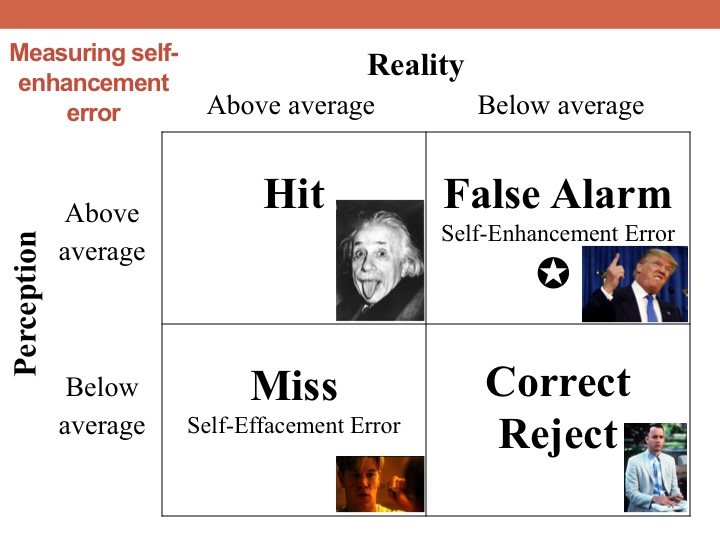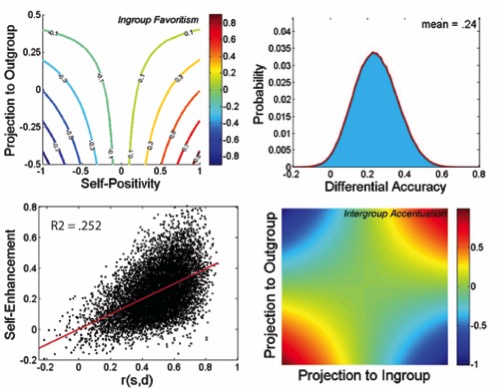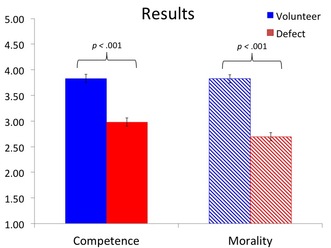About Me
Hello! I am a Research Psychologist at the Consumer Financial Protection Bureau, where I study behavioral science and financial decision-making. I am a part of the Decision and Behavioral Studies section of the Office of Research.
I received my PhD in 2017 from Brown University studying the Self, social judgment and decision making, strategic behavior, and research methods in Psychology. I have taught courses on these topics at Brown, Connecticut College, and Princeton.
Below are some of my current projects and the research questions I have been working to answer. For more details, please visit my research page. If you are interested in my teaching portfolio, please visit my teaching page.
I received my PhD in 2017 from Brown University studying the Self, social judgment and decision making, strategic behavior, and research methods in Psychology. I have taught courses on these topics at Brown, Connecticut College, and Princeton.
Below are some of my current projects and the research questions I have been working to answer. For more details, please visit my research page. If you are interested in my teaching portfolio, please visit my teaching page.
Overconfidence and Self-EnhancementMost people perceive themselves more favorably than they perceive others. How do we separate those who accurately see themselves as better than others from those who do so falsely? What are some of the reputational consequences of making accurate or erroneous self-superiority claims (in other words, bragging)? Who claims self-superiority, and does it matter whether this claim is subjective ("I am smarter than the average American") or objective ("My skill rating is lower than it should be")?
Social Decision-Making under UncertaintyHow do social agents perceive the decisions and behaviors made by others in uncertain or risky environments? When judging others, do we pay more attention to a decision-maker's intentions, or the outcome of the event? How do these social consequences differ between rational and moral domains? Understanding reputation in social decision-making provides opportunities to improve the efficiency and consistency of human behavior.
|
The Volunteer's DilemmaHow do individuals reason when choosing whether to pay a small cost to themselves to benefit those around them? In contrast with the Prisoner’s Dilemma, the Volunteer's Dilemma requires players to coordinate to obtain the best possible outcome. How do social perceivers think about this decision to volunteer or abstain, and is this decision a moral one? If our goal is to increase prosociality and volunteering behavior, our research suggests that appeals to own payoffs are more effective than appeals to group benefits.
Deliberate Ignorance When and why do people choose to ignore useful information? For example, who chooses to learn whether they are likely to develop breast cancer (a genetic predisposition that can be treated when detected early), or Alzheimer’s disease (a predisposition that cannot be treated)? How do people evaluate those who decide to ignore or attend to important information about their genes?
|


